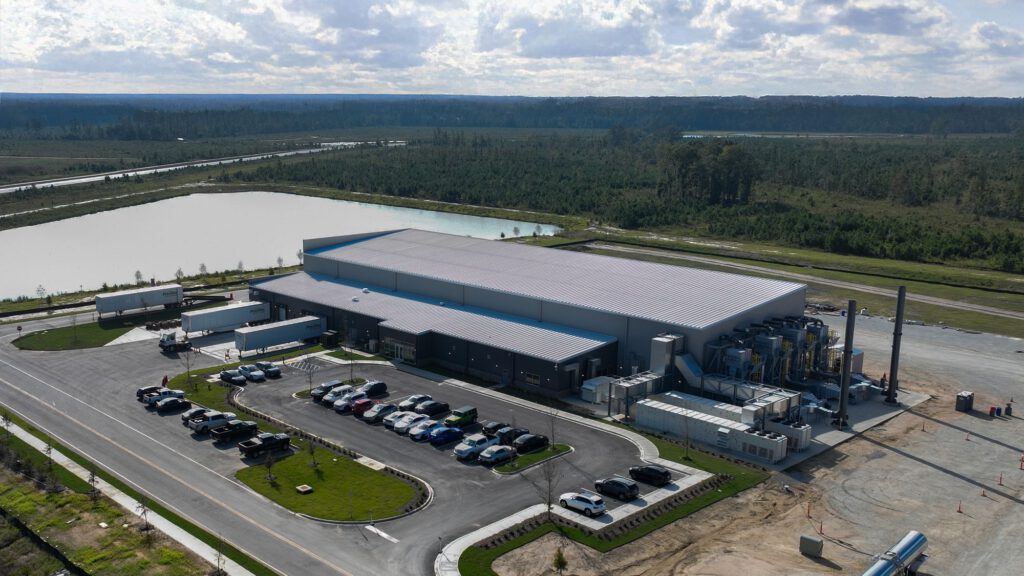Redwood Materials has initiated recovery operations at its new South Carolina campus, marking an expansion of its domestic critical minerals supply chain. The initial facility is designed to process approximately 20,000 metric tons of battery materials annually. This addition complements the company’s Nevada campus, which last year processed over 60,000 metric tons of lithium-ion battery materials and handles roughly 90% of all North American battery recycling throughput.
Redwood’s operations represent one of the largest U.S. sources of nickel and the only domestic source of cobalt at scale. They also constitute the first significant new U.S. sources of lithium and copper in decades. By recovering these materials domestically, the company aims to reduce reliance on imports of cobalt, lithium, nickel, and copper—minerals that underpin electric vehicles, energy storage systems, consumer electronics, data centers, and defense applications.
An estimated 2.25 million metric tons of critical minerals are contained within the existing U.S. electric vehicle fleet. Redwood plans to unlock these resources first through repurposing retired batteries in stationary storage systems and then through refining recovered materials into battery-grade chemicals. This approach is intended to strengthen supply chain resilience, support technological leadership, and enhance national security by keeping strategic minerals within U.S. borders.
Nickel and cobalt recovered through these operations are also key inputs for aerospace and defense alloys, while copper remains essential for industrial wiring and power transmission. By establishing integrated recovery, refining, and manufacturing capabilities, Redwood is addressing both economic and security concerns related to critical mineral supply chains dominated by foreign producers.
Situated on a 600-acre site in Berkeley County, the South Carolina campus is slated to grow into one of the world’s largest recovery and materials manufacturing hubs. Over the next decade, the facility is expected to expand significantly and create more than 1,500 jobs, reinforcing South Carolina’s position in advanced manufacturing and contributing to U.S. energy and industrial security.
Source: Redwood Materials
















